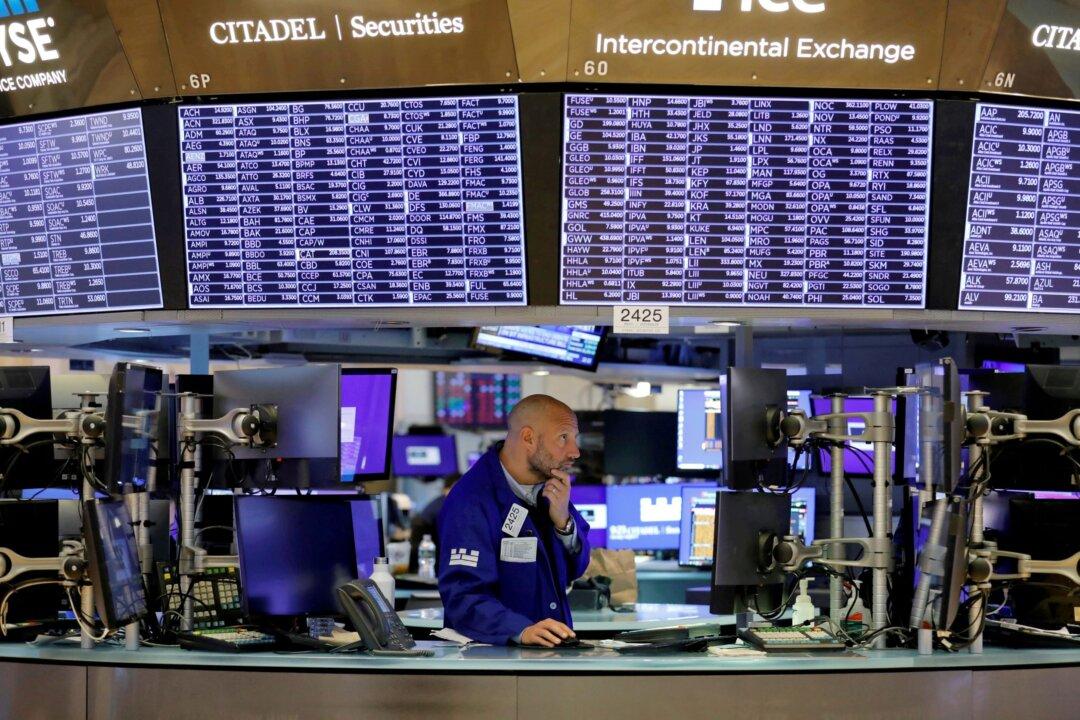Fund management firms across the United States, Europe, and Japan have recommended holding equity exposure rate steady in a model portfolio, according to a Reuters poll taken mostly before the discovery of the latest COVID-19 variant sent a shiver through the markets.
The Nov. 15–30 poll of 35 fund managers and chief investment officers suggested no changes in the 50.3 percent exposure to equities, which is near the highest level reached in the past four years. Bonds were also unchanged at 39 percent.





